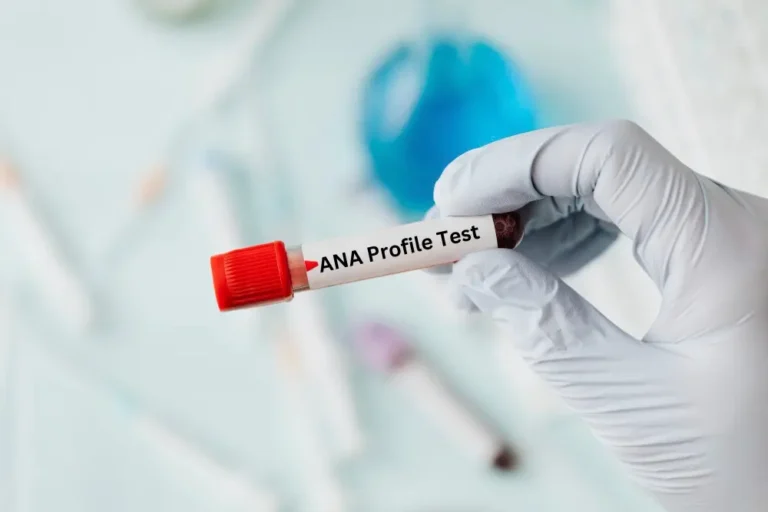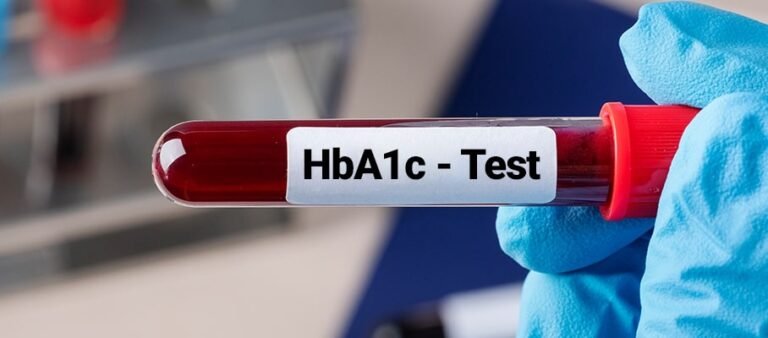TPHA Test: A Cornerstone in Syphilis Diagnosis
Syphilis, a sexually transmitted infection caused by the bacterium Treponema pallidum, has long challenged clinicians due to its elusive symptoms and multi-stage progression. Among the arsenal of diagnostic tools, the TPHA test (Treponema pallidum Hemagglutination Assay) stands out as a reliable and specific method for confirming syphilis infection.
What Is the TPHA Test?
The TPHA test is a serological assay designed to detect antibodies (IgG and IgM) against Treponema pallidum in a patient’s blood. Unlike screening tests such as VDRL or RPR, which detect non-specific antibodies, TPHA identifies treponemal-specific antibodies, making it a confirmatory test for syphilis2.
Principle of the Test
TPHA is based on passive hemagglutination:
- Red blood cells are coated with T. pallidum antigens.
- If the patient’s serum contains antibodies to T. pallidum, agglutination occurs.
- A positive result forms a smooth mat of cells; a negative result forms a compact button.
Diagnostic Utility
TPHA plays a vital role in the diagnostic algorithm for syphilis:
| Stage of Syphilis | TPHA Utility |
| Primary | May be negative early; direct detection preferred |
| Secondary & Tertiary | Highly sensitive and specific |
| Latent & Asymptomatic | Detects hidden infections |
| Post-treatment | Used to monitor antibody titers (though may remain positive indefinitely) |
It is often used alongside non-treponemal tests like VDRL or RPR to:
- Confirm diagnosis
- Stage the disease
- Monitor treatment response2
Maternal Screening & Public Health Impact
TPHA is crucial in antenatal screening to prevent congenital syphilis, a serious condition that can affect newborns. Early detection in pregnant women allows timely treatment and reduces transmission risk.
From a public health perspective, TPHA helps:
- Identify asymptomatic carriers
- Control outbreaks
- Guide epidemiological surveillance
Limitations to Keep in Mind
While TPHA is highly specific, it has some caveats:
- Cannot distinguish between active and past infection
- May remain positive for life, even after successful treatment
- False positives can occur in autoimmune diseases or other treponemal infections
Therefore, results should always be interpreted in the context of:
- Clinical history
- Other serological tests
- Physical examination
Final Thoughts
The TPHA test is more than just a lab result—it’s a clinical compass that guides diagnosis, treatment, and public health strategies. Its specificity and reliability make it indispensable in the fight against syphilis, especially in resource-limited settings where early detection can change lives.







